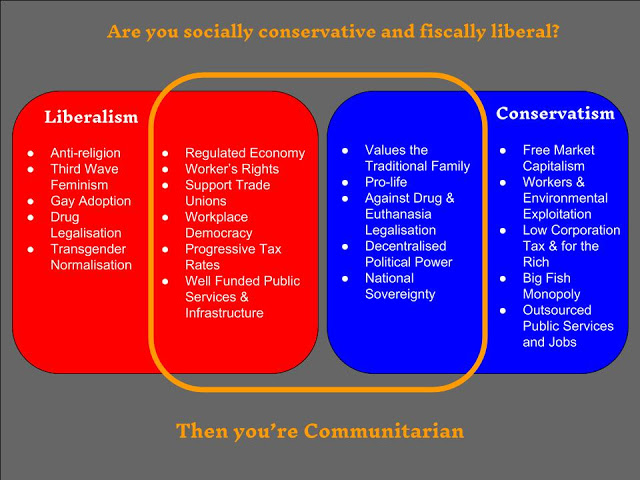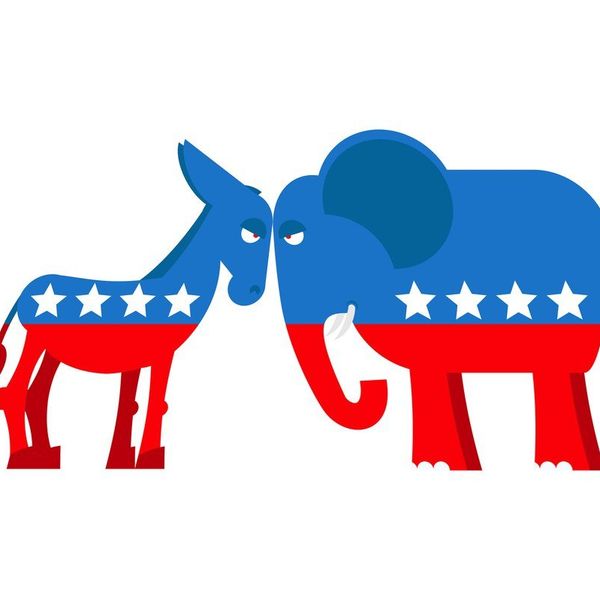In a nutshell, the difference between libertarianism and liberal theory is that liberals are more skeptical of the role of political authority. They argue that states should respect individual moral rights and should be allowed to regulate their own behavior. Likewise, libertarians think that the government should not oppress people or restrict their lifestyles. In addition, they oppose laws that impose high transaction costs on exchanges.
A Libertarian is someone who only cares about themselves and has no concern for the needs of others. It is a political ideology that advocates freedom and minimal government involvement. Some individuals may consider themselves Libertarian while others may call themselves a liberal. Nevertheless, there are countless distinctions between these two ideologies. A common mistake people make is labeling someone a libertarian as a conservative.
Many people mistakenly label themselves as liberals. While the term "libertarian" is used for any political party, the term is fluid. The term is sometimes referred to as classical liberalism, by critics of capitalism. However, Rubin's brand of libertarianism has an interesting flaw: it is not consistent with libertarian views. While it may sound a little self-serving, this label is often used by opponents of the liberal movement.
While the differences between libertarianism and liberalism are substantial, the fundamental principles of both are similar. Both groups promote free markets, equal opportunity, and minimal government involvement. While liberals generally advocate for more government intervention, libertarians favor limited governmental interference and private measures. There are also some differences between the two. A liberal supports the free market and believes in the power of individuals. If one person wants to buy a house or a car, they should have the freedom to do so.
When it comes to the difference between libertarianism and liberty, they are both philosophically similar and have many similar ideas. Despite their differences, they do agree on most basic issues. Both sides advocate equality of opportunity and outcome and are committed to civil rights for all. So, the main difference between them is based on the way you define them. For example, the former is defined as a person who cares only about himself, while the latter is an idealist who believes that others should be able to make their decisions for them.
The most basic difference between liberals and libertarians is in the way they view the role of government. Both parties advocate a certain type of government. The liberals are concerned with the right to choose and to regulate. The conservatives are more likely to support free-market policies. Ultimately, they are in opposition to socialism. Although they disagree on many issues, they both support the individual.
When it comes to social and political issues, liberals support policies that restrict the rights of individuals. Libertarians support policies that limit the rights of individuals. The latter are more likely to support legislation that limits the rights of corporations and governments. Regardless of their differences, the key issue between the two is freedom. Whether you consider yourself a libertarian depends on the definition of the term. But if you're interested in learning more about what separates the two ideologies.
In a nutshell, the two differ in their values. While libertarians seek a free society, classical liberals emphasize helping those less fortunate. They believe that government should not impose too many rules on people. In addition, classical liberals want to eliminate oppression, while liberals focus on individual freedom. The classical liberals want the government to reduce restrictions, but they also value the rights of other people.
In contrast, libertarians believe that individuals have the right to make their own decisions and to improve their lives. While they share some values, they tend to differ in their political views. For instance, a liberal may favor the Affordable Care Act while a libertarian might favor gun laws. A conservative would support a ban on monopolies. This may be a good example of an ideological conflict between conservatives and liberals.
In a nutshell, libertarians oppose the idea of a strong state. They believe in limited government. While liberals are concerned with individual rights, libertarians focus on the rights of the individual. A conservative will oppose strict regulation while a liberal will oppose the right of a free society. While a liberal will advocate for the rights of individuals, a libertarian will oppose the right to free trade.

















